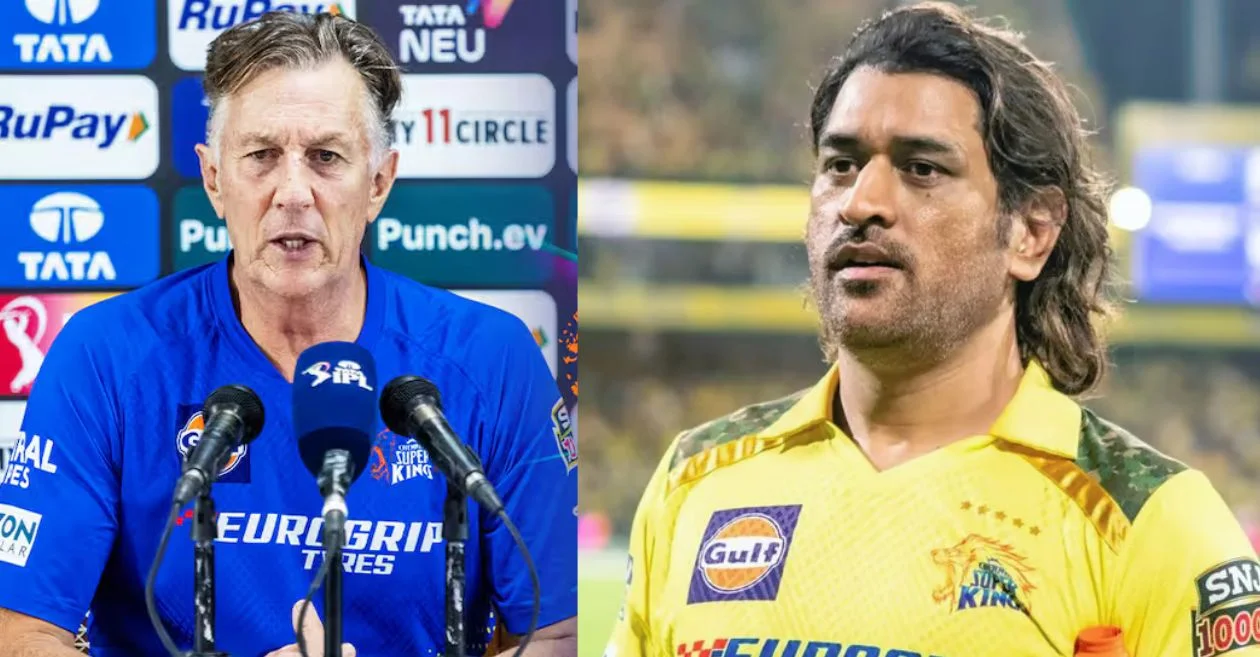
There are still a few steps to take before attorneys start doling out a $335 million settlement in the UFC antitrust case.
In the next 45 to 60 days, attorneys representing the fighters will formalize details of the settlement and ask overseeing judge Richard Boulware for preliminary approval of it in Nevada federal court, attorney Eric Cramer told MMA Fighting on Wednesday.
Cramer, one of the lead attorneys representing the fighters against the UFC, said that with approval, fighters who are a part of the class-action lawsuit will be notified and asked to weigh in on the settlement. They can give feedback, object, or do nothing.
“As with any class settlement, members get the right to object, so they can object to the settlement or any aspect of it, including the plaintiff allocation,” Cramer said. “So if they don’t like some aspect of it, they can complain.”
Over the past several months, fighters who fought in the UFC between 2010 and 2017 (the time period covered by the first antitrust lawsuit, Le et al. vs. Zuffa) and 2017 to present (the period covered by the second lawsuit, Johnson vs. Zuffa) have been notified they are part of the lawsuit. They had the option to opt out, meaning they would not collect any part of a potential settlement, or do nothing and be a part of the class.
Some fighters included in the second lawsuit, which covers those who fought from 2017 to the present, signed a waiver to opt out of it when they signed a contract with the UFC.
The question of how exactly the $335 million settlement will be divided up remains mostly unanswered, at least for now. If the final number is approved, attorneys representing the fighters will ask the judge for a portion of the money, expected to be around 33 percent (or $110,550,000). The rest will be allocated to the class members, which are believed to number between 1,200 to 1,400.
Most prominent among the class members, of course, are the named plaintiffs in the cases, which include UFC vets Cung Le, Jon Fitch, Nate Quarry, Kyle Kingsbury, Javier Vasquez, Kajan Johnson and others. Cramer said they may ask for a “service award” that gives them additional compensation when the figures are calculated. Such an award would reflect the fighters’ contributions to the case, which include travel to hearings, depositions, and other requirements for named plaintiff, he said.
However, Cramer said it is “not reasonable” to assume the fighters who’ve been most prominently featured in the case will take the lion’s share of the settlement.
“The class members, including the named plaintiffs, all have to be treated the same based upon a fair allocation plan,” he said. “In class actions, the people who step forward give up a lot of their lives. These guys travel to hearings for 10 years. They were all deposed. But that’s typical in a class action.
“The judge will rule on it. We have to decide what we’re going to ask for. In a case like this, it can be more, because it’s 10 years, but it can vary.”
Also unknown at this moment is whether the settlement will include any orders for the UFC to change its business practices. Late this past year, the first case against the UFC was amended so that injunctive relief — which may have forced the promotion to change its contracts or address the anti-competitive business practices raised in the case — would be included in the second lawsuit. Cramer declined to comment on any details of the settlement order, citing the upcoming hearing.
Next up after preliminary approval of the settlement is a “fairness hearing” to finalize the settlement agreement, Cramer said. That will likely take place in September.
In a statement, the UFC said it was “pleased to have reached an agreement to settle all claims asserted in both the Le and Johnson class action lawsuits, bringing litigation to a close and benefiting all parties.” In a notice of the settlement sent to the SEC, Zuffa parent TKO noted the amount was expected to be tax deductible.
Speaking in general about the long timelines for antitrust cases, Cramer indicated their size and scope guarantees they will take years, if not decades, to resolve them completely.
“The cases tend to take a long time because of all the things that need to be done in order to prepare a case for trial, to get the class certified, all the economic work, all the data work,” he said. “There’s just a lot of data that needs to be crunched and analyzed, and in anti-trust cases, you’re going up against alleged monopolists, or cartel members, so they’re usually the biggest, most powerful companies in the world, who have a lot of money to spend on their defense.
“So they spare no expense, and when you’re up against the powerful defendant in any anti-trust case again — and again, I’m not talking about this one in particular, it typically takes a long time, and there are a lot of complicated issues that judges need to wade through, and so that just takes time.”



















You must be logged in to post a comment Login